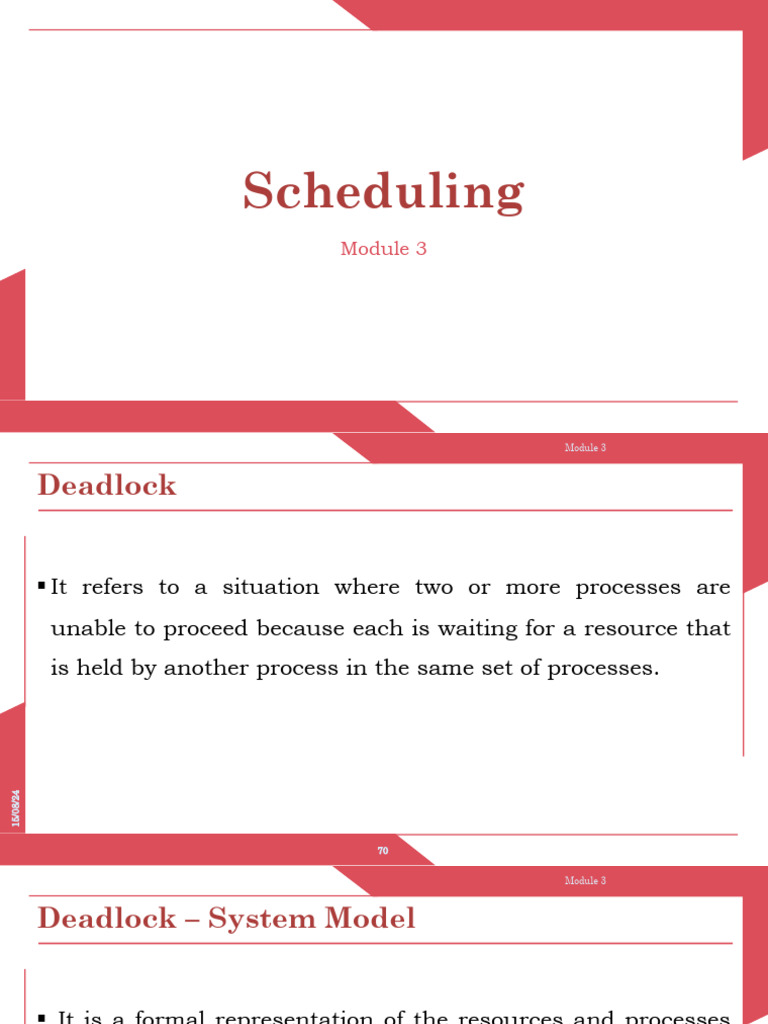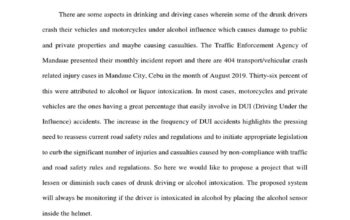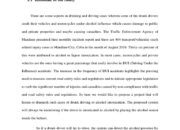In the intricate landscape of contemporary governance, a palpable phenomenon emerges: the confluence of scientific inquiry and political decision-making often results in impasses that frustrate stakeholders across a spectrum of disciplines. This intersection—often termed as “French Frustration”—captures a recurring observation wherein profound scientific insights confront the rigidities of policy frameworks. The factors behind such deadlocks are multifaceted, entangled in the cultural, historical, and institutional idiosyncrasies of French society, which both revered intellectual rigor and grapples with bureaucratic complexities.
The historical embrace of Enlightenment ideals in France exemplifies a foundational divergence in the relationship between science and policy. Renowned philosophers, such as René Descartes and Voltaire, illuminated the path for rational thought, advocating for evidence-based reasoning as a cornerstone of societal progress. However, this legacy manifests a paradox: the very institutions established to uphold scientific rigor become enshrouded in procedural labyrinths that stymie actionable insights. In contemporary environmental policies, for instance, scientists plead for transformative measures in response to climate change, yet bureaucratic channels often lead to stagnation—a poignant illustration of how historical legacies can shape current dilemmas.
Moreover, the tendency toward centralization in French governance exacerbates the tension between scientific recommendations and political action. The French state’s propensity for top-down management creates a dichotomy; while scientific knowledge is concentrated within elites—often situated in prestigious research institutions—policy implementation frequently devolves into an exercise of political negotiation. This schism becomes particularly salient in crises, such as public health emergencies, where rapid scientific advancements clash with protracted decision-making processes. The COVID-19 pandemic serves as a case study, wherein scientific consensus regarding health measures was frequently undermined by political inertia, illustrating the inherent inefficiencies of a system burdened with layers of decisions.
At the heart of these deadlocks lies a cultural disposition that reveres expertise yet remains skeptical of its application. The “grands corps” of the French administrative framework—comprised of elite civil servants with specialized training—often find themselves at odds with scientists advocating for reform. This creates an environment wherein decisions are not solely based on empirical evidence but are also influenced by ideological biases and political capital. Drawing from the concept of “technocracy,” we witness a dissonance between the technocratic elitism that governs the administrative apparatus and the democratic principles underpinning public discourse. This tension breeds frustration among scientists who perceive their contributions as sidelined amid political maneuvering.
The dichotomy of public opinion further complicates this tapestry. French citizens exhibit a paradoxical relationship with scientific authority; they exhibit admiration for scientific achievements while simultaneously expressing skepticism about its implications. A recent surge in anti-vaccine sentiments underscores this dynamic, where a significant portion of the populace questions the legitimacy of vaccinated public health measures painted as scientific consensus. The influence of social media amplifies these sentiments, disseminating misinformation that complicates the straightforward communication of scientific findings. As a result, policy-makers often navigate a minefield of public perception, rendering them reluctant to adopt measures grounded in scientific inquiry, particularly if they could provoke backlash.
Consequently, the intersection of science and policy in France demands a nuanced understanding of cultural paradigms and governance structures. Disentangling the threads of frustration requires acknowledging the historical determinants—connected to the French Revolution’s emphasis on reason and rationality— which continue to perpetuate cognitive dissonance between scientific innovation and legislative action. The formidable challenge lies not merely in generating scientific knowledge but in effectively translating that knowledge into pragmatic policy decisions.
Emerging endeavors, such as participatory governance models, herald a shift towards more adaptive frameworks. These initiatives emphasize co-production, wherein scientists collaborate with policymakers and stakeholders throughout the decision-making process. Such frameworks advocate for a recalibration of relationships, thereby fostering environments where scientific insights can flourish unimpeded by bureaucratic static. By embracing an integrative approach, France could ameliorate the perennial deadlocks that ensnare its governance structures, reminiscent of its philosophical heritage advocating for connectivity between reason, authority, and human agency.
Future trajectories necessitate a reevaluation of educational paradigms, particularly within the sciences and political domains. Developing interdisciplinary curricula fosters fluency in both scientific literacy and political acumen across societal strata. Such training could cultivate individuals adept at traversing the chasm between empirical evidence and policy formulation. Innovative programs promoting civic engagement will empower the public, bridging the gap between communities and the technocrats who govern them.
Ultimately, “French Frustration” encapsulates a broader narrative about the complex interplay of science, culture, and policy. The intertwining of historical legacy and contemporary governance reveals the systemic barriers inherent in translating scientific discovery into societal benefit. As France grapples with climate change, health crises, and technology’s rapid evolution, the imperative for seamless integration between scientific inquiry and policy action stands resolute. The road ahead demands a collective commitment to dismantling deadlocks, fostering collaboration, and reinvigorating public trust in the confluence of science and policy—an endeavor as formidable as the rich history that defines French intellectualism.












